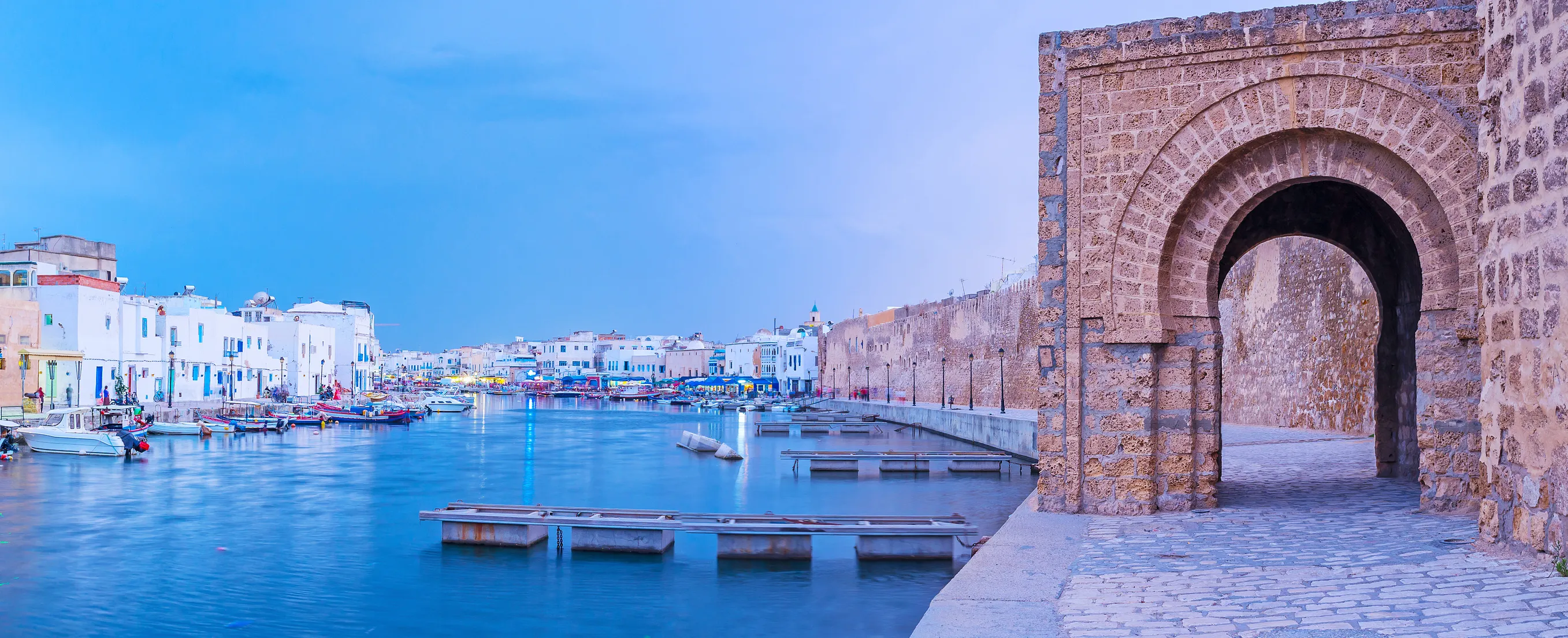The European Bank for Reconstruction and Development (EBRD) is supplying a finance package worth US$150 million for the new Bosphorus crossing project in Turkey. Running under the Bosphorus at Istanbul, the new tunnel will connect both European and Asian sides of the city. The EBRD’s $150 million loan completes $1.4 billion worth of financing required for the Eurasia Tunnel project, being built under the Bosphorus straits. Other components of the $1.4 billion financing package for this PPP project include a
December 12, 2012
Read time: 3 mins
The 1166 European Bank for Reconstruction and Development (EBRD) is supplying a finance package worth US$150 million for the new Bosphorus crossing project in Turkey. Running under the Bosphorus at Istanbul, the new tunnel will connect both European and Asian sides of the city. The EBRD’s $150 million loan completes $1.4 billion worth of financing required for the Eurasia Tunnel project, being built under the Bosphorus straits. Other components of the $1.4 billion financing package for this PPP project include a $350 million loan from the 1054 European Investment Bank (EIB) and financing and guarantees from 3383 Korea Eximbank and 7011 K-Sure, also with participation from SMBC, Standard Charter and Mizuho. A hedging facility for the deal is being provided by some of the lenders, as well as the 3321 Deutsche Bank. The link will improve traffic flow between the two sides as the existing bridges are highly congested at peak periods at present. Istanbul, Turkey’s commercial centre, has a population of around 13 million and its road network struggles to cope with its massive quantity of commuter traffic. Traffic jams are common at all hours of the day but particularly at peak periods, with frequent accidents often adding to the commuting woes of its citizens. Once it is completed in 2017, the tunnel will improve connections between Istanbul’s European and Anatolian sides but offers a much wider benefit by joining the European and Asian road networks with Turkey as the gateway.
“The project is not only a further milestone in connecting Asia and Europe,” said the EBRD’s managing director for infrastructure Thomas Maier. “As the first major private-public partnership in the road sector with predominantly foreign financing, it will open the way for the financing of Turkey’s impressive pipeline of infrastructure projects. Turkey and Russia have seen the largest PPP projects in Europe this year, confirming that Europe’s emerging markets represent credible business alternatives to operators and investors. So the Eurasia Tunnel will accelerate the future in many ways.”
The Eurasia Tunnel, also known as the Istanbul Strait Road Tube Crossing, will be built by ATAS, a concessionaire company holding the concession from the government of Turkey to construct and operate the tunnel.
ATAS has been established by the Turkey-Korea Joint Venture consortium which was selected trough an international tender by the Turkish government to build and operate the tunnel. The investment partners of ATAS are Turkey’s leading contractor7010 Yapi Merkezi and SK Engineering & Construction - one of the leading Korean construction companies.
The 5.4 km tunnel will be built at 25 metres under sea level. The construction of its approach roads (overall length of the project is 14.6 km) will start at the Asian side in and end in Europe. The tunnel will ease some of the significant automobile traffic which currently goes over two existing bridges and will complement the rail tunnel currently under construction.
“The Eurasia Tunnel will get commuters home quicker, but it will also strengthen Istanbul’s position as an international air hub by allowing faster transport possibilities from airports on either side of the Bosphorus. The EBRD believes Turkey – which today is one of the world’s most dynamic economies - needs increased and improved transport capacity, and we will consider other infrastructure projects that will make it easier to travel to and in Turkey,” said Mike Davey, EBRD Director for Turkey.
Since the beginning of its operations in Turkey in 2009, the EBRD has invested about €2 billion in the country in about 50 projects.
“The project is not only a further milestone in connecting Asia and Europe,” said the EBRD’s managing director for infrastructure Thomas Maier. “As the first major private-public partnership in the road sector with predominantly foreign financing, it will open the way for the financing of Turkey’s impressive pipeline of infrastructure projects. Turkey and Russia have seen the largest PPP projects in Europe this year, confirming that Europe’s emerging markets represent credible business alternatives to operators and investors. So the Eurasia Tunnel will accelerate the future in many ways.”
The Eurasia Tunnel, also known as the Istanbul Strait Road Tube Crossing, will be built by ATAS, a concessionaire company holding the concession from the government of Turkey to construct and operate the tunnel.
ATAS has been established by the Turkey-Korea Joint Venture consortium which was selected trough an international tender by the Turkish government to build and operate the tunnel. The investment partners of ATAS are Turkey’s leading contractor
The 5.4 km tunnel will be built at 25 metres under sea level. The construction of its approach roads (overall length of the project is 14.6 km) will start at the Asian side in and end in Europe. The tunnel will ease some of the significant automobile traffic which currently goes over two existing bridges and will complement the rail tunnel currently under construction.
“The Eurasia Tunnel will get commuters home quicker, but it will also strengthen Istanbul’s position as an international air hub by allowing faster transport possibilities from airports on either side of the Bosphorus. The EBRD believes Turkey – which today is one of the world’s most dynamic economies - needs increased and improved transport capacity, and we will consider other infrastructure projects that will make it easier to travel to and in Turkey,” said Mike Davey, EBRD Director for Turkey.
Since the beginning of its operations in Turkey in 2009, the EBRD has invested about €2 billion in the country in about 50 projects.






